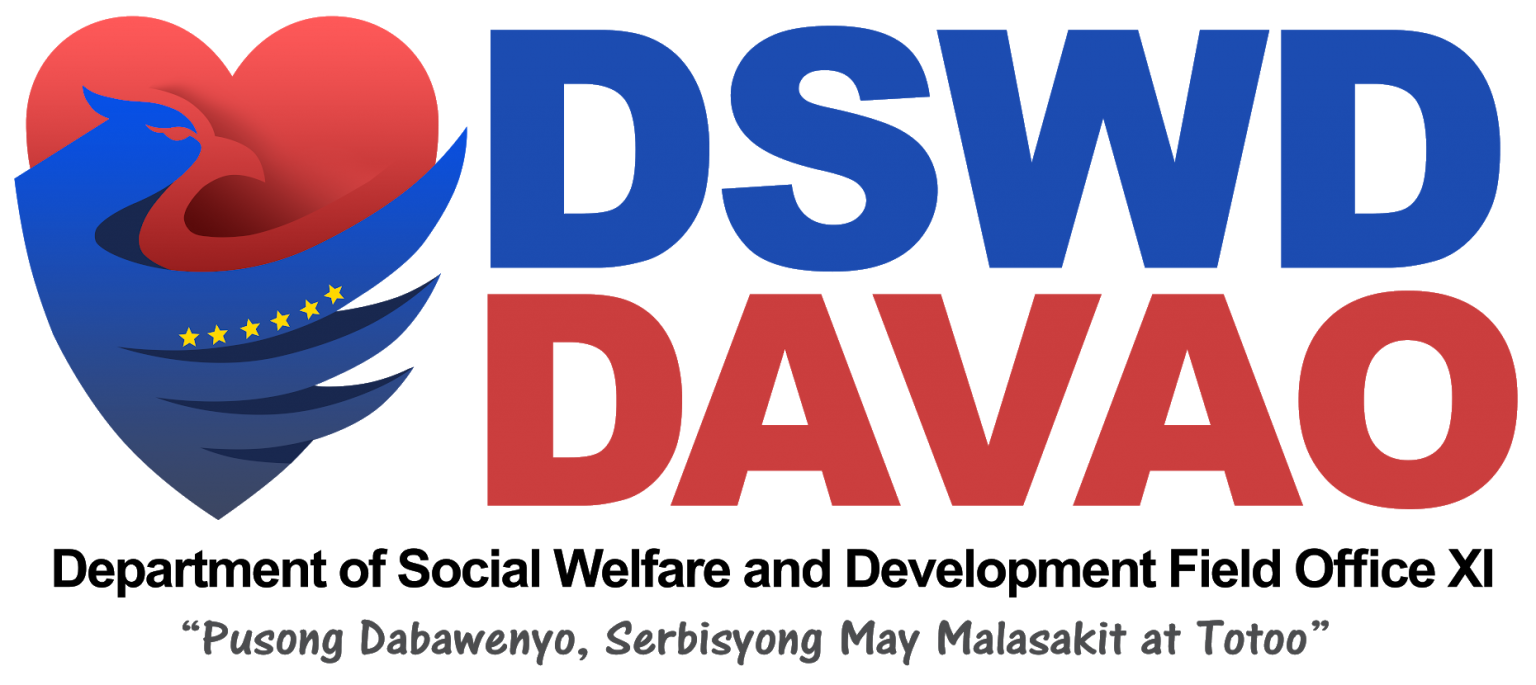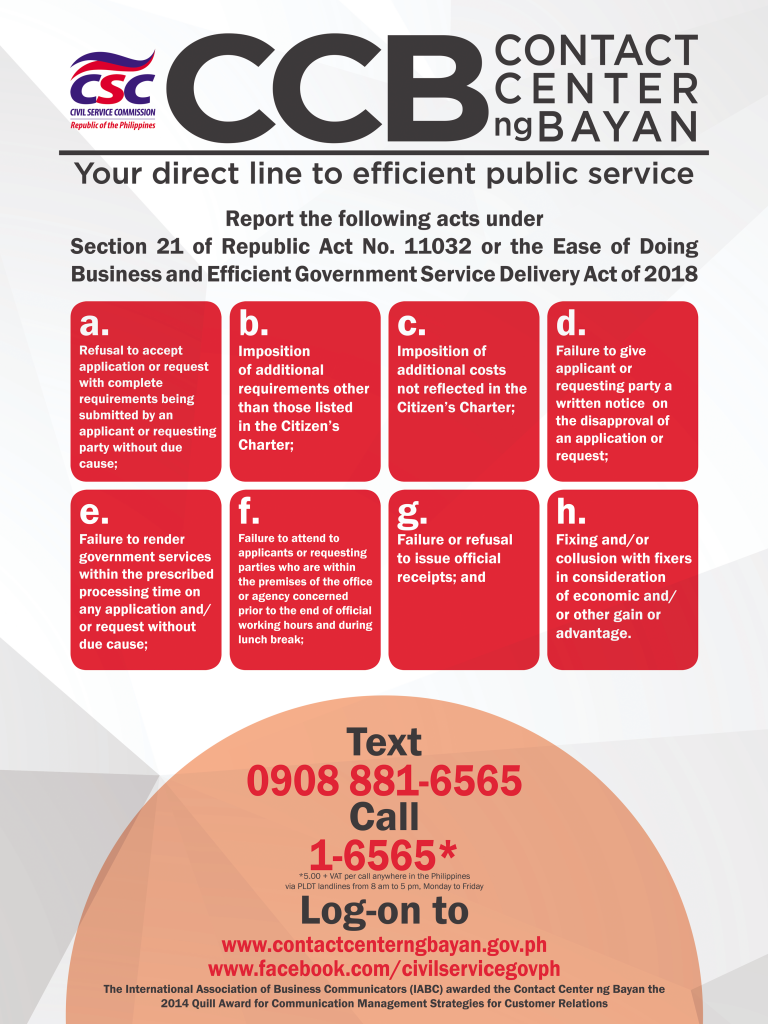More than 90 percent of the respondents who took part in a survey conducted by the Department of Social Welfare and Development (DSWD) and the United Nations World Food Programme (WFP) said that they were satisfied with the cash assistance they received through the Government’s Social Amelioration Program. Over 92 percent of the respondents used the cash assistance to buy food.
While food was the top priority for a majority, many beneficiaries also said that the assistance helped them buy hygiene kits and pay for essential health and medical expenses. Those who had prior debts, 58 percent of them, said that they used the money to pay off their debts. While the economic fallout of the crisis has led to many communities adopting negative coping strategies, those who received support through SAP were able to cope better.
“The result of this initial survey is a concrete affirmation that SAP has achieved its goal of enabling the low-income beneficiaries cope with the economic effects of the on-going COVID-19 pandemic,” DSWD Secretary Rolando Bautista said.
The survey – DSWD-WFP Remote Household Monitoring Survey on the Impact of the COVID-19 Pandemic and the Implementation of the Philippine Government’s Social Amelioration Program – sampled over 3,600 households nationwide between June to August 2020. The respondents included Social Amelioration Program beneficiaries, including beneficiaries of the Government’s Pantawid Pamilyang Pilipino Program (4Ps). Less than 15 percent of the respondents were non-SAP beneficiaries, which were added to help examine the food security situation of those who did not receive the cash assistance through the SAP.
The survey also found that 67 percent of assessed households resorted to buying less-preferred and less-expensive food items. More than half of them also resorted to borrowing food from relatives and friends. Three out of four households experienced a reduction in income during the pandemic, mainly due to their inability to work because of travel restrictions. Eleven percent of the respondents were found to have nutrition-deficient diets.
Among those who lost their jobs, 42 percent were either employed in the transport sector or were skilled laborers. Eighty three percent of them used negative coping strategies like selling their assets, borrowing money or reducing non-food expenses.
Aside from SAP, DSWD also continues to implement programs aimed at further helping poor families cope with their day to day lives. These are the Assistance to Individuals in Crisis Situation which provides integrated services such as financial, medical, transportation, educational, and burial assistance, among others; the Social Pension for Indigent Senior Citizens; Supplementary Feeding for Children; Pantawid Pamilyang Pilipino Program; Sustainable Livelihood Program; and Kapit-Bisig Laban sa Kahirapan-Comprehensive and Integrated Delivery of Social Services. The Department also extends resource augmentation to local government units through the provision of food and non-food items for their constituents.
“The survey was the first in a three-round series of ongoing remote assessments that aim to determine the food security situation of the beneficiaries of the Social Amelioration Program, as well as a portion of the respondents who did not receive cash assistance through the SAP. We hope to assess the impact of the pandemic on income and livelihood, as well as how the SAP has impacted on food security among beneficiaries,” said Jane Pearce, WFP Philippines Country Director, a.i. on the monitoring activities in partnership with DSWD.
In an earlier survey conducted by the Social Weather Station from July 3-6, 2020, it was found out that an overall 72 percent of surveyed households received cash assistance from the government since the start of the COVID-19 crisis. DSWD is the largest provider of assistance, supporting 41 percent of households, including 28 percent through DSWD’s Social Amelioration Program (SAP).
This was also echoed by the results of the Innovations for Poverty Action’s Research for Effective COVID-19 Response (RECOVR) survey, where 89 percent of surveyed Filipino households said that they have received support from the government in response to the impact of COVID-19. The survey was conducted from June 18 to July 1 and covered Filipino households with TNT prepaid mobile phones. ###






